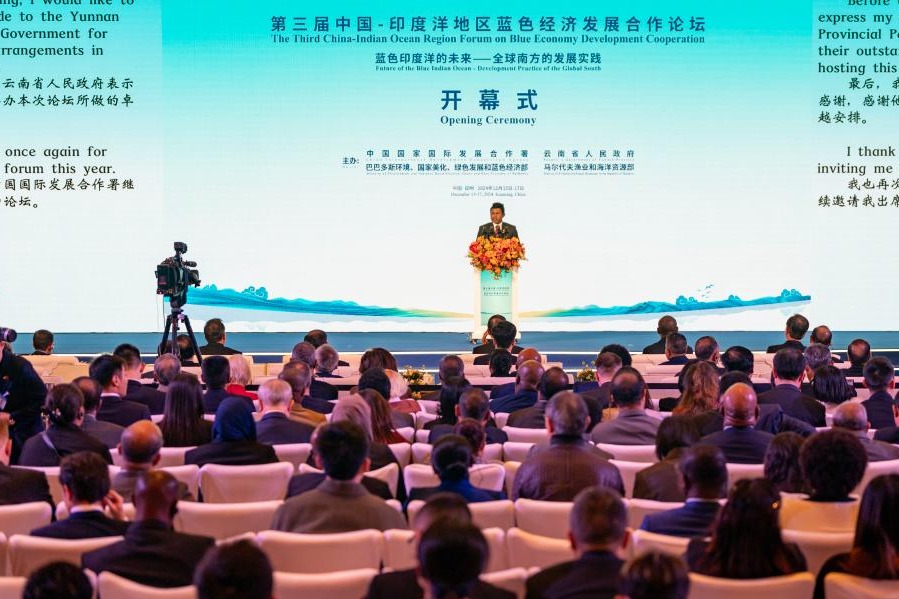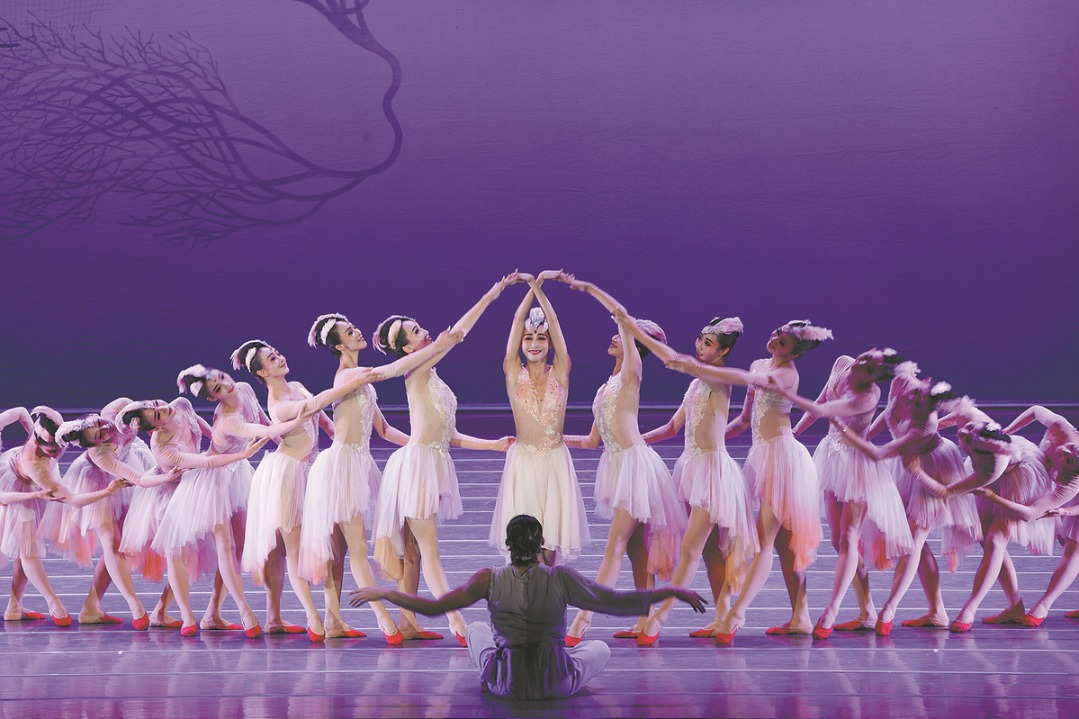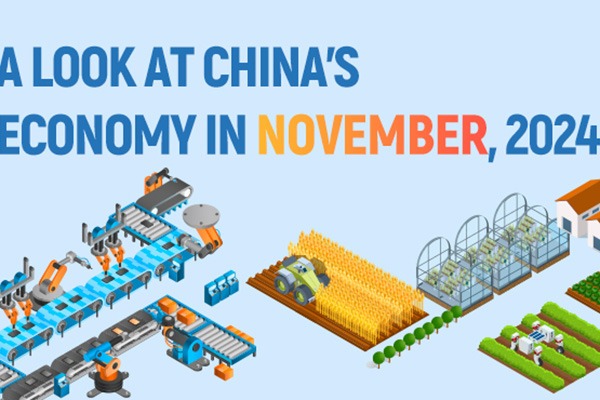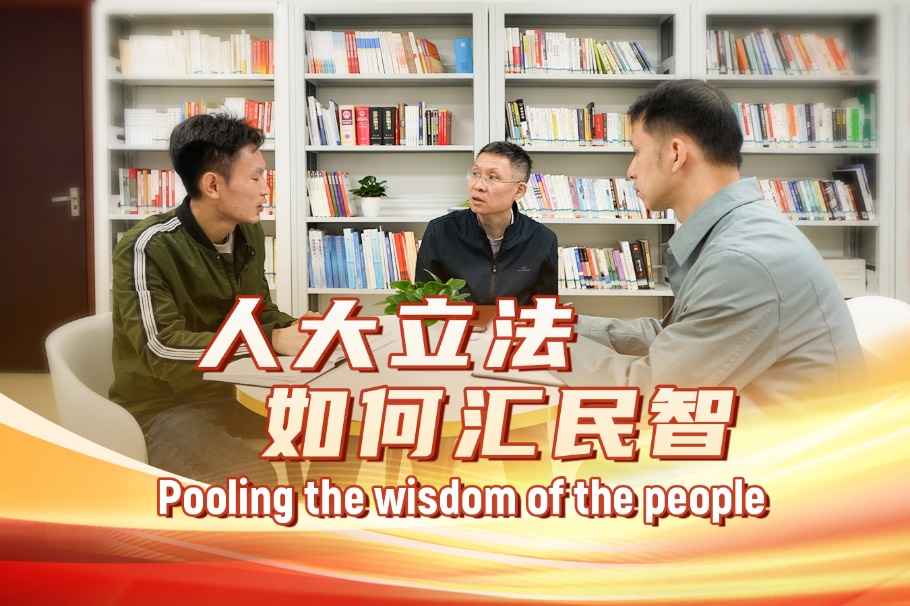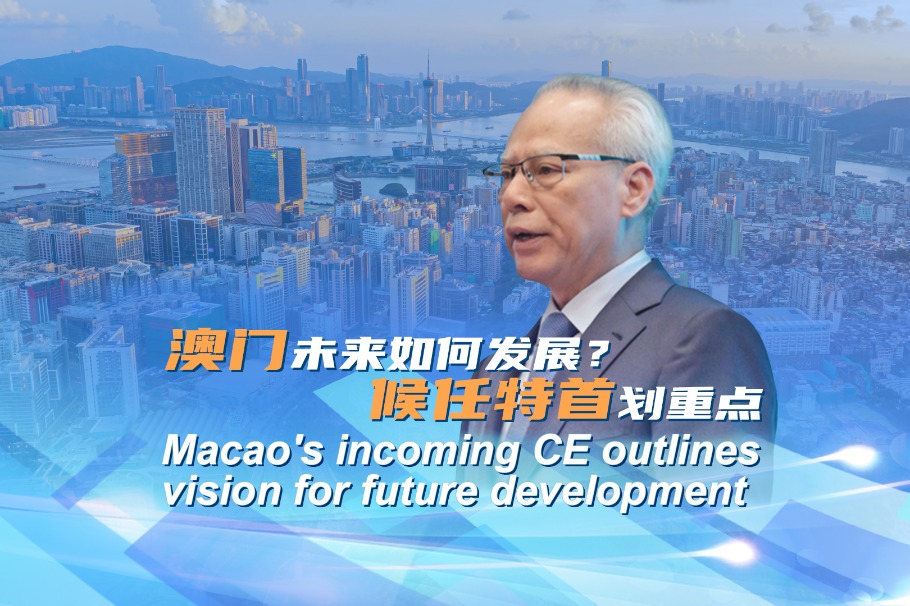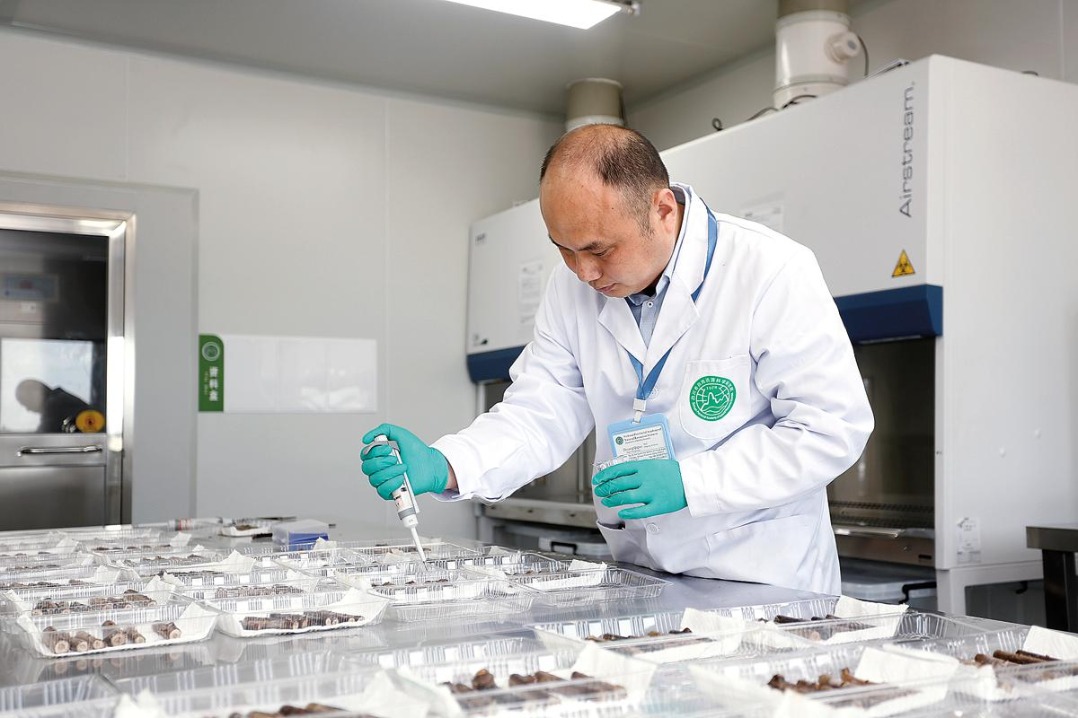HK, Macao see bigger role in opening-up

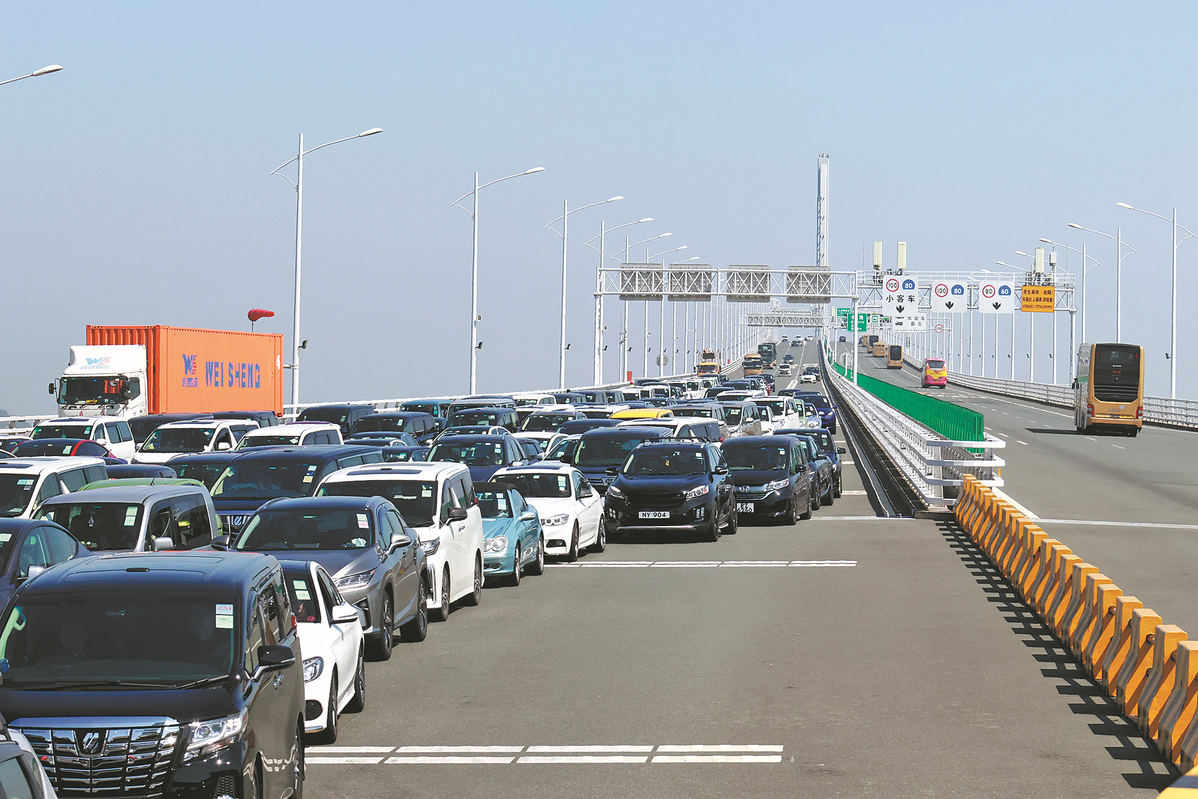
National political advisers from the Hong Kong and Macao special administrative regions said the SARs will play a crucial role in building new systems for the nation's higher-level opening-up by linking the Chinese mainland with the world.
Hong Kong, while adhering to the principle of "one country", can also give full play to the advantages of "two systems", said Pansy Ho Chiu-king, a member of the Standing Committee of the National Committee of the Chinese People's Political Consultative Conference, the nation's top political advisory body.
The city should capitalize on its institutional strengths in finance, trade, law and patents to act as a "super-connector" and a "super value-adder" to promote the further alignment of the mainland with the world, Ho said at a meeting during the annual gathering of the CPPCC National Committee, which closed in Beijing on Sunday.
For decades, Hong Kong's status as a global financial hub has made it a prime offshore fundraising hub for Chinese mainland firms.
More than 1,400 mainland enterprises had raised HK$8.3 trillion ($1 trillion) in the city by the middle of last year, according to Hong Kong Exchanges and Clearing, the local bourse operator. Today, their combined market value accounts for around three-quarters of total market capitalization.
Apart from its highly internationalized stock market, Hong Kong's strength in green finance and its push to become a hub for family offices can open doors to the global stage for mainland businesses and investors, Ho said.
Ho, who is also group executive chairman and managing director of Hong Kong-listed conglomerate Shun Tak Holdings, said Hong Kong's position as an East-meets-West center for international cultural exchange is expected to bring Chinese culture to the world in a way that is more diversified, internationalized and understandable.
According to Ho, Hong Kong's auction transactions in art, collectibles and antiques totaled more than HK$66 billion in 2021.
Home to over 1,100 port and shipping-related companies providing diversified maritime services, Hong Kong is also the only common law jurisdiction in China and is renowned for its efficient terminal facilities.
More maritime arbitration and legal services will be needed by the mainland due to increased trade and capital investment, Ho said, adding that Hong Kong should move toward high-value-added maritime businesses to meet rising demand.
She also suggested enhancing the cold chain logistics capacity of Hong Kong International Airport. As one of the world's busiest air cargo centers, the airport handled about 4.2 million metric tons of cargo and mail in 2022, Ho said.
With the rapid development of the mainland's logistics sector, Hong Kong's air freight industry can enhance the cold chain logistics capacity of Hong Kong and the mainland, Ho said.
Concerning intellectual property, Ho said Hong Kong should seize the opportunity brought by the Guangdong-Hong Kong-Macao Greater Bay Area to attract patent applications from the mainland and promote the transformation of scientific research results.
The nation is the world's largest source of patent, trademark and design applications, with its total IP trade surging from $3.2 billion to $57.8 billion between 2002 and 2022, Ho said, describing Hong Kong, a regional IP trade center with a sound system in place, as an ideal platform for mainland enterprises to conduct IP transactions with peace of mind.
Addressing the meeting, Zhang Zongzhen, a CPPCC National Committee member from Macao, suggested speeding up construction of the Guangdong-Macao In-Depth Cooperation Zone in Hengqin, Guangdong province.
According to the cooperation zone's statistics department, 11,500 Macao residents were working or living in Hengqin by the end of last year, up more than 70 percent year-on-year.
Zhang said Hengqin should be built into a demonstration zone by aligning its economic and trade rules with international standards and promoting cross-border trade in services.
More efforts should be made to polish Macao's image as a world heritage and gourmet city, to be involved in the Belt and Road Initiative, as well as to deepen collaboration with Portuguese-speaking countries, Zhang said.
- Shenzhou XIX crew members in spacewalk
- Beijing criticizes Taipei over obstacles to Shanghai-Taipei forum
- Baoting eyes green, low-carbon energy transformation
- Join Moroccan students as they explore the unique charm of Tianjin
- Meet the first foreign doctor with a traditional Chinese medicine PhD
- Yuyuan Garden Lantern Festival to light up Shanghai on New Year's Day

















